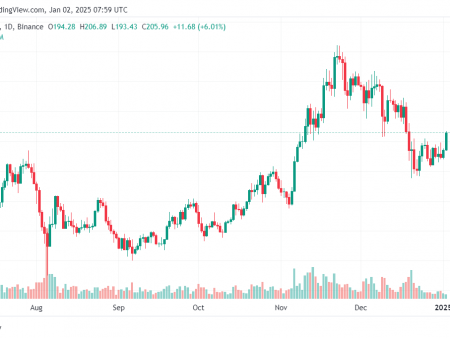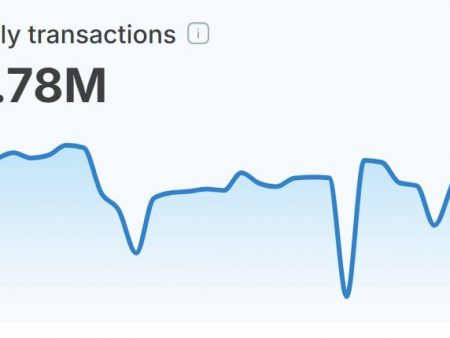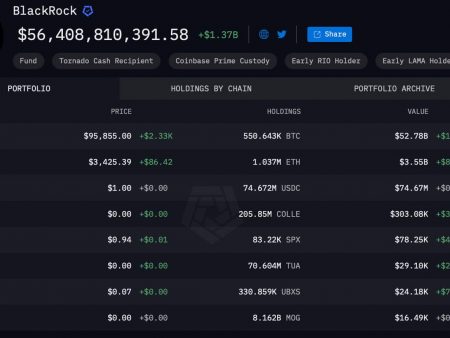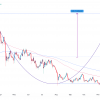On the Ethereum (ETH) mainnet, account abstraction is designed to blur the line between on-chain accounts and smart contracts. A similar innovative development is coming to EVM rollups as a detailed rollup improvement proposal is released.
This proposal could be a game changer in Ethereum-based rollups
Alexander Forshtat, a software developer at the Ethereum Foundation, published a proposal called Roadmap for Introduction to Native Account Abstraction or RIP-7560: Native Account Abstraction. It is the first attempt to employ the concept of ML within the rollup ecosystem, that is, second-layer scaling solutions for Ethereum (ETH).
Activating AA on EVM rollups is a crucial step for Web3’s Ethereum (ETH) segment. Your L1 and L2 should have similar AA designs to establish a “continuous ecosystem”.
Implementing ML in rollups would require three changes to smart contract accounts: adjusting the EntryPoint address, rewriting the validateUserOp function, and some advancements to the transaction logic.
Some changes are also required to adjust Paymaster operations and the signature aggregation process. Validation code rules, staking and reputation systems in rollups will look like on the post-ERC 4337 Ethereum (ETH) mainnet.
Over the past two days, Ethereum (ETH) enthusiasts have already submitted a series of comments on the project’s GitHub repository.
Native account abstraction standard for all L1 and L2
The proponent is optimistic about the prospects for its development and adoption, as well as its potential role in the evolution of Ethereum (ETH):
We believe that standardization and network effect are critical to the success of any Account Abstraction initiative, so we invite everyone to participate in creating the Native Account Abstraction standard that can be adopted by all Layer networks. 2 and Layer 1.
As U.Today previously reported, ERC 4337 “Account Abstraction” was activated on the Ethereum (ETH) mainnet in March 2023.
With account abstraction, Ethereum (ETH) on-chain wallets (externally owned accounts) can be equipped with smart contract functionality.
The new class of accounts (smart contract accounts) opens new opportunities for real-world applications on Ethereum (ETH).
























